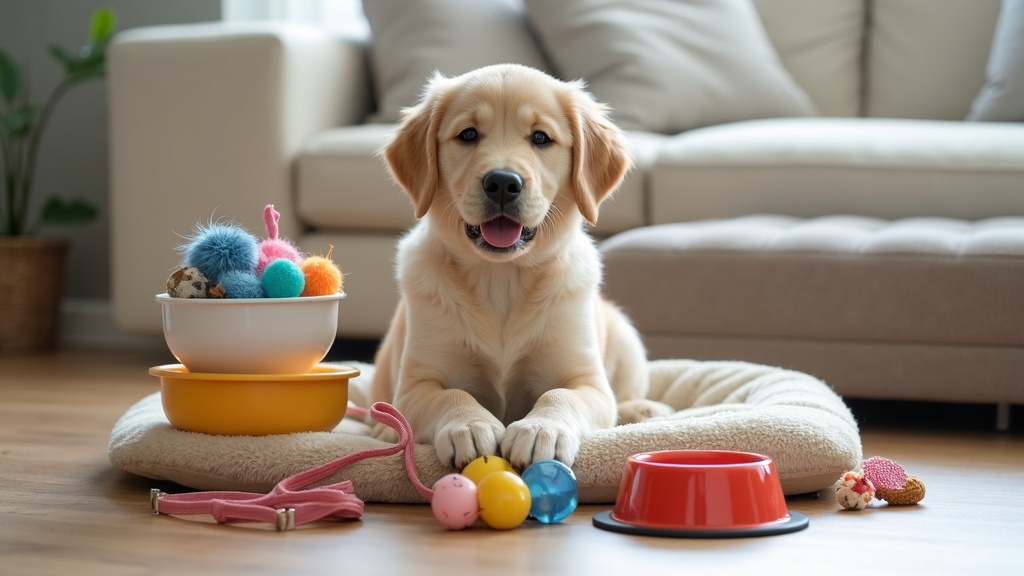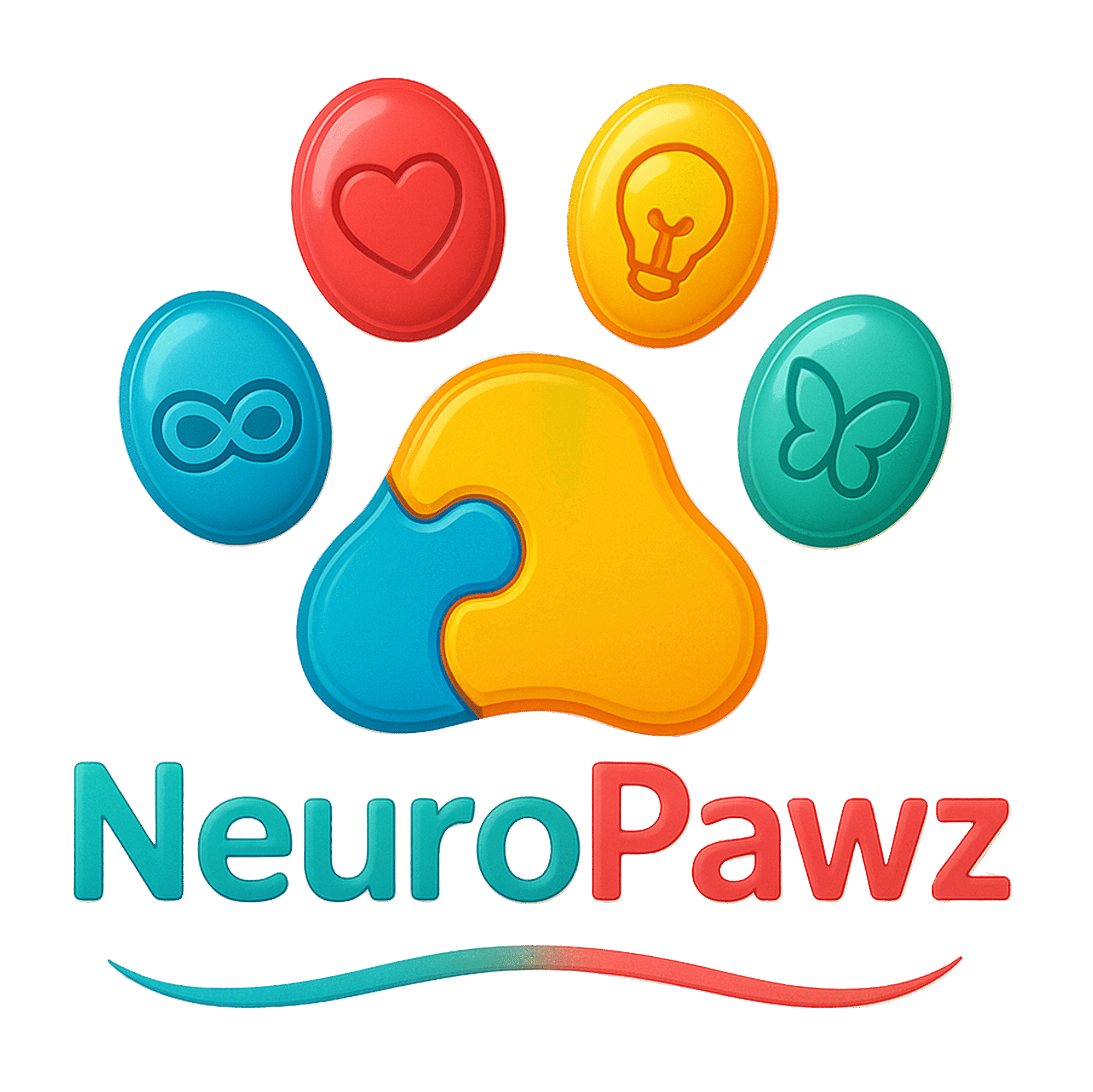Taking care of a new dog is equal parts exciting and a little overwhelming, especially for neurodivergent folks who thrive on structure and routine or look for clear guidance with every new step. Creating a welcoming environment for your new companion starts with gathering the right supplies. These essentials help with training, comfort, and daily well-being. Here’s a practical guide to the top 10 supplies I found really helpful as a new dog parent.

Dog Supplies: Why They Matter for Every New Owner
Bringing a new dog home isn’t just about cuddles or rambunctious playtime. It’s about building a comfortable routine and setting your dog up for a happy, healthy life. For many neurodiverse dog owners—myself included—having everything organized and accessible makes it simpler to handle the unique needs of both you and your furry friend. Whether you’re looking after a highenergy puppy or a mellow older rescue, these tools create a foundation for smoother days.
Dogs depend on us for structure, comfort, and consistency. Careful planning, including picking out the right tools, helps reduce stress for both human and dog. This is especially handy if you find unpredictability tough on your nervous system or if routines help you stay grounded. The supplies you get shape not only your dog’s sense of safety, but also allow you to find your own rhythm as an owner.
10 Essential Dog Supplies for New Owners
Here’s my go-to list of what I found most useful when starting out as a new dog owner (and why):
- Collar and ID Tag: Safety comes first. A comfy collar with an ID tag that has your contact info makes reunions with a lost pup much easier and gives peace of mind.
- Leash and Harness: A standard 4 to 6 foot leash and a harness make walks and training smooth, particularly for anxious or strongpulling dogs.
- Dog Bed: Dogs, just like people, need a place to decompress. A plush bed or crate with cozy bedding can support selfregulation for neurodivergent folks and comfort for pets.
- Food and Water Bowls: Nonslip, dishwashersafe bowls keep mealtime routine and messfree.
- Quality Dog Food: Pick a diet suited for your dog’s age, size, and any health quirks. Plenty of brands cater to dogs with allergies or special requirements, so check with your vet if needed.
- Toys and Chews: Mental stimulation soothes both dogs and humans! Chew toys, treat puzzles, and interactive games keep your pup entertained and can be part of your daily routine.
- Grooming Tools: Brushes, nail clippers, and dogfriendly shampoo are all important. Regular grooming isn’t just about keeping clean—it’s also a solid bonding and sensory activity.
- Cleaning Supplies: Accidents happen, especially with puppies or rescues. Enzyme cleaners remove stains and odors so cleanups stay stressfree.
- Puppy Pads or Outdoor Waste Bags: Puppy pads help out during house training, and biodegradable waste bags are easy to stash in your bag or pocket for quick outdoor cleanups.
- Veterinary Records and First Aid Basics: Track your dog’s medical info, vaccine dates, and emergency vet contacts in one spot. Also, keep a basic firstaid kit—gauze, wraps, antiseptic—on hand for minor mishaps.
Creating a Comforting Home Environment
Setting up your home with neurodiversity in mind can make a real difference for both you and your pet. Noise sensitivity, routine cravings, or sensory overload are common for neurodivergent owners and our dogs can have matching needs. Try to keep spaces predictable—place toys in the same area, set up a bed in a quiet corner, and maintain consistent meal times. Small routines help dogs with anxiety settle in, and give you a good sense of control each day.
If you or your dog is sensitive to noise, soundproofing a crate or using white noise can help. If certain textures bother you, choose bowls and beds with materials you like touching. Stimming through repetitive actions? Grooming your dog or scheduling regular playtime can actually be a soothing sensory break for you as well as your pet.
New Dog Essentials Checklist: A Quick Reference
I keep this simple checklist on my fridge to avoid getting overwhelmed and to help anyone in the house cover the basics:
- Collar with tags
- Harness and leash
- Food and water bowls
- Dog bed or crate
- Top quality food
- Toys and chews
- Grooming kit
- Cleaning supplies
- Puppy pads or waste bags
- Vet info and first aid kit
Keeping this list handy helps dodge lastminute scrambles and can keep things grounded, especially if you juggle executive dysfunction or need clear reminders.
Choosing Supplies for Unique Needs
If your dog has special sensory or health needs, or you do, feel free to adapt this list. For instance, some neurodivergent folks or dogs may like the soft feel of silicone bowls, or need hypoallergenic bedding. Chat with your vet for nutrition and medical options. There are also companies with adaptive gear—like soft stepin harnesses or calming wraps—for anxious dogs or if you struggle with tricky buckles.
Product Tips for Different Dog Personalities
- Adventurous dogs: Tough toys, highvisibility leashes, and portable water bowls are handy for trips outside.
- Anxious or sensory sensitive dogs: Soft, dark crates, calming sprays, and gentle grooming brushes help build trust and ease nerves.
- Puppies and chewers: Durable chews and training pads keep messes in check and channel puppy energy into safe play.
Getting Used to New Routines
Building healthy routines—even just little ones—makes life smoother for both neurodivergent owners and their dogs. Reminders on your phone for feeding, walks, and medication help me stay on track. Visual schedules, checklists, or a whiteboard in your main room can offer a comforting overview of daily tasks.
As you settle into life with your dog, focusing on routines and adapting to your sensory or executive function needs is important and worth celebrating. Selecting supplies that are easy for you and suit your dog’s style is part of making your home a place that thrives—not just gets by.
FAQ: Common Questions from New Dog Owners
How do I pick the right size bed or crate for my dog?
Measure your dog from nose to tail and make sure they can stretch out easily. For crates, your dog should be able to stand up, turn around, and lie down comfortably.
What toys suit a neurodivergent owner who may want less noise or mess?
Try plush toys without squeakers and treat puzzles with few small pieces. Chews made from natural rubber or nylon keep things quiet and clean.
How often should I wash or replace my dog’s supplies?
Wash bowls and beds once a week, swap out toys or chews if damaged, and check collars monthly for wear. Set up a simple cleaning schedule—it can help if you often forget or have a full household.
What can help reduce sensory overload from barking or cleaning up?
Using noisecanceling headphones, lavender sprays, and enzyme cleaners can make things easier. Giving your dog enrichment toys cuts down on barking by keeping their mind busy.
Wrapping Up: Setting Up for Success
Bringing a new dog home begins with solid preparation and thoughtful choices. Whether you’re neurotypical or neurodivergent, building routines and getting the right supplies gives you more freedom to enjoy the fun moments with your dog. The essentials I listed out will cover most needs in your first weeks or months together. Every home is different, so don’t be afraid to experiment until you find what clicks—your happy pup will be glad you did.
Did I miss your favorite new-dog supply? Have a neurodivergent-friendly tip to share? Drop a comment below or reach out—I’d love to hear from you and help make pet ownership as joyful and accessible as possible!
